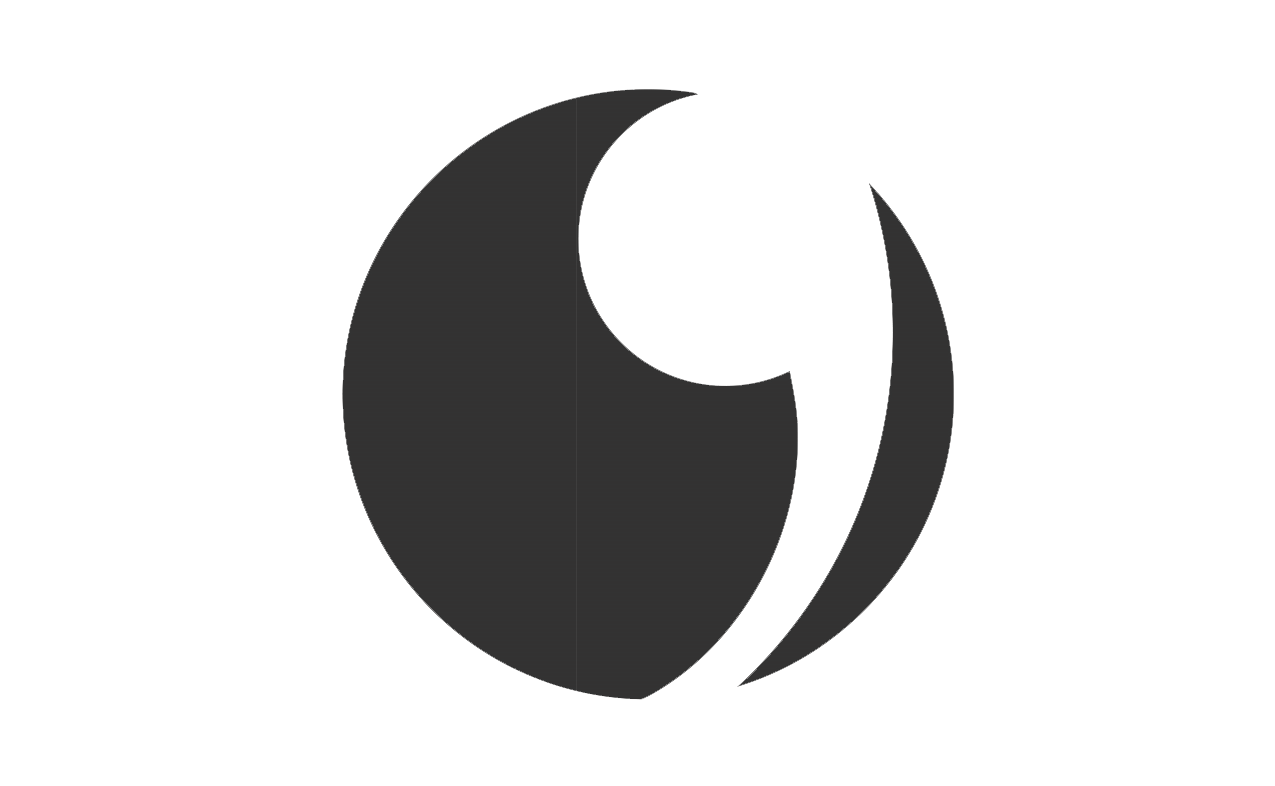Sleep Apnea - Nasal Breathing - Mouth Breathing
What is Sleep Apnea?
Sleep Apnea is caused when the tissues in your throat collapse during the night, blocking your airway and preventing you from breathing normally. Sleep Apnea can wake you up throughout the night, which prevents you from entering the REM stage of sleep. Because Sleep Apnea affects the deepest, most crucial stage of the sleep cycle, it can leave you feeling tired the next day and prevent you from functioning at your maximum potential.
Struggling with snoring and sleeplessness? You are not alone. The American Sleep Apnea Association estimates that nearly 22 million other Americans also suffer from it, with more than 80% of those cases going undiagnosed. Sleep apnea is more than just a mere annoyance, however. An estimated 1,000 people die from it every year, and it could be your oral health that is to blame. This serious medical condition causes repeated breathing interruptions throughout the night; the pauses can last from a few seconds to minutes and may occur 30 or more times per hour. They happen because the airway is obstructed; however, not all snoring is a result of a sleep apnea diagnosis.
The first sign of sleep apnea is often teeth grinding (bruxism). Dentists on the lookout for signs of sleep apnea will search for worn tooth surfaces, which is a sign that a patient grinds his or her teeth. Grinding is just one oral health sign of sleep apnea. Other signs are a small jaw, a tongue with scalloped edges, or redness in the throat (caused by excessive snoring, which is another symptom of sleep apnea).
Nasal Breathing Therapy

